Lecturers
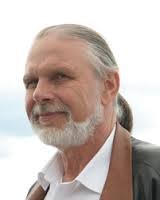
Bengt-Åke Lundvall
Bengt-Åke Lundvall obtained his MA in economics at the University of Gothenburg in 1967.
Lundvall started his academic career at the University of Gothenburg as Assistant professor in 1969. In 1973 he moved to the Aalborg University, where he was appointed associate professor. From 1992 to 1995 he was Deputy Director at DSTI/OECD. Since 1995 he is Professor at the Department of Business and Management at Aalborg University, where he founded the IKE Group 1977.
Lundvall was involved in the organization of Aalborg University during 1973-1977. A turning point in his career was his visit at the SPRU (UK) and Stanford (US) 1984. He was invited to become special invited professor at Tsinghua University in Beijing in 2004-06 and to become visiting professor at Sciences Po in Paris 2007-2010. He has kept a relationship with the top university of China, Tsinghua, over the years.
Lundvall’s research is organized around a broad set of issues related to the innovation system and the learning economy. During 1992-95 he was Deputy Director at DSTI, OECD. He was involved in the preparation and follow up of the Lisbon Strategy 2000 and onwards. Lundvall has co-ordinated the IKE-group in Aalborg since 1977 and the Danish network DRUID 1996-2001. Since 2002 he coordinated the worldwide research network Globelics until his retirement.
In close collaboration with Christopher Freeman, Bengt-Åke Lundvall developed the idea of innovation as an interactive process, in the first half of the eighties and the concept of National System of Innovation in the second half (Lundvall, 1985 and Lundvall, 1988). In the beginning of the nineties, he developed the idea of “the learning economy” in collaboration with Björn Johnson (Lundvall and Johnson, 1994).

Erika Kraemer-Mbula
Erika is a Professor of Economics and is currently the Chair holder of the DSI/NRF/Newton Fund Trilateral Chair in Transformative Innovation, the Fourth Industrial Revolution and Sustainable Development, based at the College of Business and Economics (University of Johannesburg) and in partnership with ACTS and SPRU. Her research unit at the University of Johannesburg is formed by a dynamic team of national and international researchers that engages in cutting-edge research; builds the capacity of younger scholars to help develop the next generation of African thinkers leading transformative change; and engages with policy makers, key stakeholders and research partners, to influence policy change. Trained as an Economist, she holds a Masters in Science and Technology Policy by the Science and Policy Research Unit (University of Sussex), and a doctorate in Development Studies from the University of Oxford.

Susan Cozzens
Susan E. Cozzens is Professor Emerita in the School of Public Policy. Dr. Cozzens’s research interest is innovation and inequality, with a focus on how science, technology, and innovation policies affect the intersections between them. Her current projects are on the potential for artificial intelligence to increase or decrease inequalities and on women in leadership in science-intensive U.S. federal agencies. Dr. Cozzens is Vice President of GLOBELICS, the global network on the economics of learning, innovation, and competence building systems, and Associate Editor of the journal Innovation and Development.
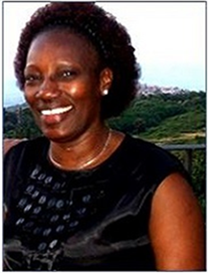
Ann Kingiri
Ann Kingiri is a principal Research Fellow and the Director of Research and Innovation at the African Centre for Technology Studies (ACTS), see https://www.acts-net.org/dr-ann-kingiri
She holds a Masters degree in Agriculture from University of Nairobi, Kenya and a PhD in Development Policy and Practice from UK. She is also the Secretary General of The African Network for the Economics of Learning, Innovation, and Competence Building Systems (AfricaLics). This is a network of scholars working on how innovation and competence-building may be harnessed for development in Africa. The network’s objective is to promote the development of Science Technology and Innovation (STI) research capacity in Africa with strong links to users through research training and research projects.
She is a Science, Technology, and Innovation (STI) policy and development researcher with a focus on inclusive and sustainable development in Africa. She has experience in capacity building, research and policy analysis focusing on innovation studies and development, agriculture, renewable technologies, biotechnology, digital innovation, gender and climate change. Ann’s research and policy analysis approach involves innovation systems thinking and transformative thinking. She has worked as a public servant, regulator and researcher. She has published on various areas including governance of technologies, digital innovation, gender, renewable energy, climate change policy, and science technology and innovation among others. She co-authored the chapter on Central and East Africa in the UNESCO Science Report (2021), entitled “race against time for smarter development”.
She serves in several national, regional and international technical committees. This includes a Member of International Union for Conservation of Nature (IUCN), Commission on Environmental, Economic, and Social Policy Committee, for the period 2021-2025; and a non-executive director at Kenya Climate Innovation Centre (KCIC). She is also visiting research professor at University of Johannesburg, South Africa and Jaramogi Oginga Odinga University of Science and Technology (JOOUST), Kenya.
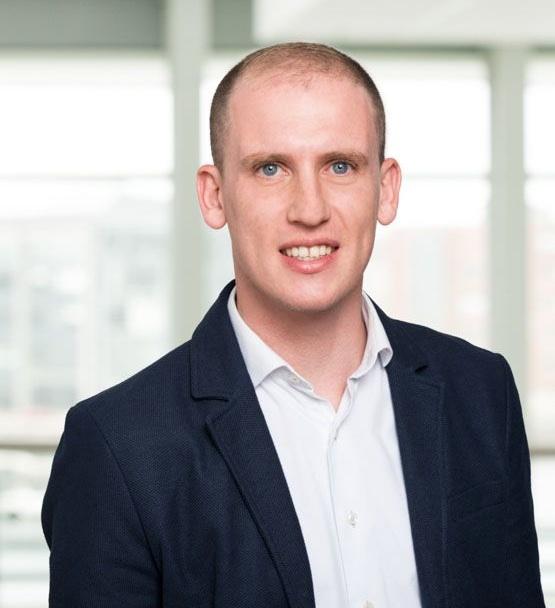
Roman Jurowetzki
Roman has been working with computational methods and particularly Natural Language Processing since his PhD work in 2012. He has co-founded the Social Data Science semester at AAU which introduces social science, business and economics students to Machine Learning and AI methods. Since 2020 the program is also thought at Copenhagen Business School and in part at the University of Strasbourg. In addition to graduate programs he has been disseminating ML and NLP techniques in at conferences (DRUID, AOM Big Data) at PhD courses and in the context of executive training. Roman’s research focuses on technological change, in particular AI technology and its application. Starting 2021 Roman will be the PI of AI Denmark at Aalborg University as well as heading the AI Growth Lab at the Businss School. The project is the national flagship initiative of the Danish Industrial Foundation with the aim to facilitate value creation from AI technology in Danish SMEs.
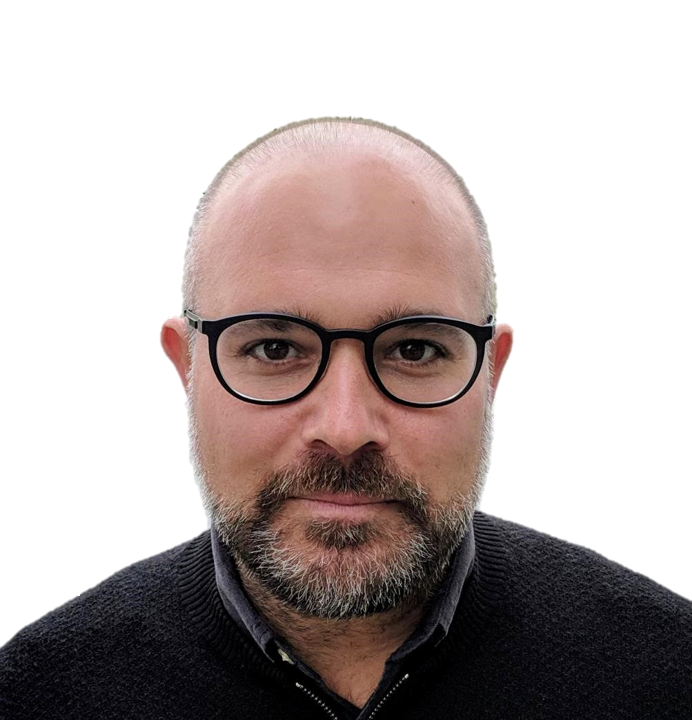
Rasmus Lema
Dr. Rasmus Lema is Associate Professor at UNU-MERIT, United Nations University and Visiting Professor at the College of Business and Economics at the University of Johannesburg. He holds a DPhil from the Institute of Development Studies (IDS), University of Sussex, and conducts research in the intersection between innovation studies and development studies, with a particular emphasis on policies and practices for technological learning, innovation and competence building for sustainable industrialisation. He is co-editor in chief of Innovation and Development and vice-chairmen of the Globelics Scientific Board.

Danilo Spinola
Dr. Danilo Spinola is currently working as a Senior Lecturer in Economics in the Department of Finance and Economics of the Birmingham City Business School. Danilo holds a PhD on Economics of Innovation from UNU-Merit where he is an affiliated researcher, part of the Research teams on Innovation, Structural Change and Economic Complexity. Previously, Danilo has experience working as a consultant for the Economic Commission for Latin America and the Caribbean (ECLAC), for the Interamerican Development Bank (IDB), and for the Institute for New Economic Thinking (INET). Danilo is currently a member of the GLOBELICS Scientific Board, and a vice-president of LALICS. His research is currently focused on three pillars: (1) Innovation processes in complex systems. (2) Structural change, economic dynamics and economic resilience. (3) Economic Growth and income/wealth distribution.
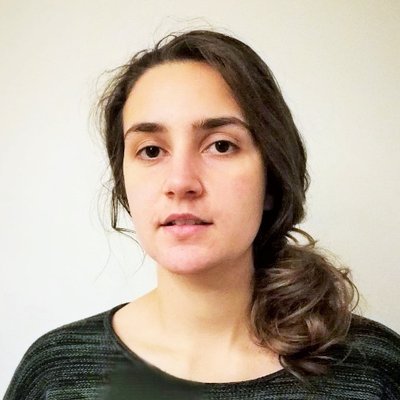
Rhiannon Pugh
Dr. Pugh’s research interests include: regional economic development; economic geographies of weaker, post-industrial and peripheral regions; the roles of universities in regional development; gender perspectives within economic geography.
She is currently working on a three year project funded by the research agency FORMAS studying innovation policy in the far northern peripheries of Sweden and Scotland. This project aims to explore the barriers and opportunities to enhance sustainable and inclusive economic development through innovation in peripheral areas, and also to enhance our understanding of such regions within economic geography.
Rhiannon Pugh is also handling editor of the early career section of the journal Regional Studies, Regional Science and co co-ordinator of the research network on gender and regional studies, funded by the Regional Studies Association.
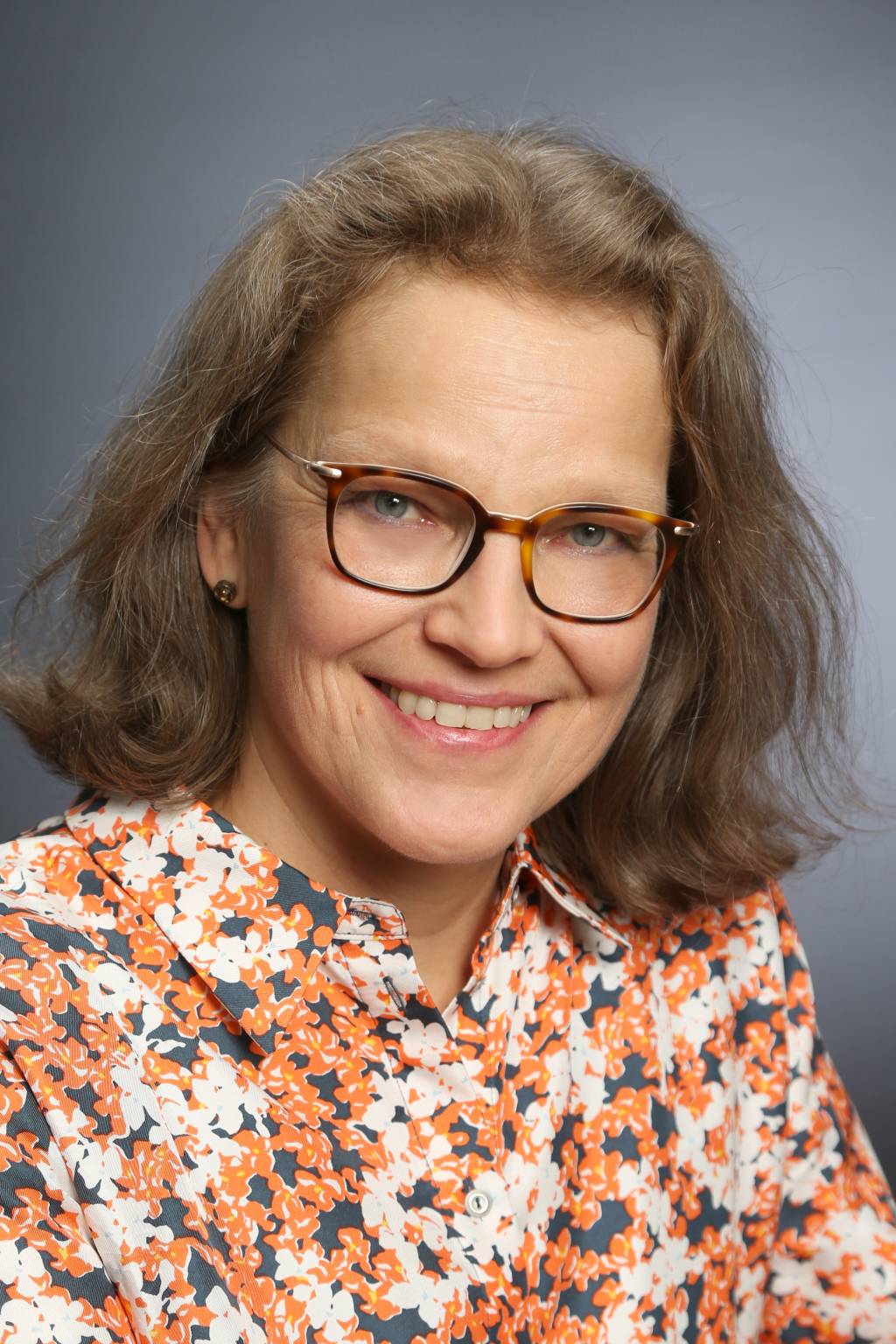
Päivi Oinas
An economic geographer, Päivi is currently university lecturer at the Department of Geography, University of Turku. Her doctoral degree is from Helsinki School of Economics. She has held positions as professor of economic geography and research director at University of Turku, and researcher at universities of Uppsala, North Carolina, Berkeley, Erasmus, Helsinki School of Economics, Technical University of Berlin. She has editor experience as editor and book review editor of the journal Regional Studies, and edited volumes. She has conducted research on the themes of the socio-spatial embeddedness of economic action, geography of the firm, management geography, corporate responsibility, innovation systems in space, industrial cluster transformation, entrepreneurship and institutional change, and urban innovation districts in diverse settings around the globe.
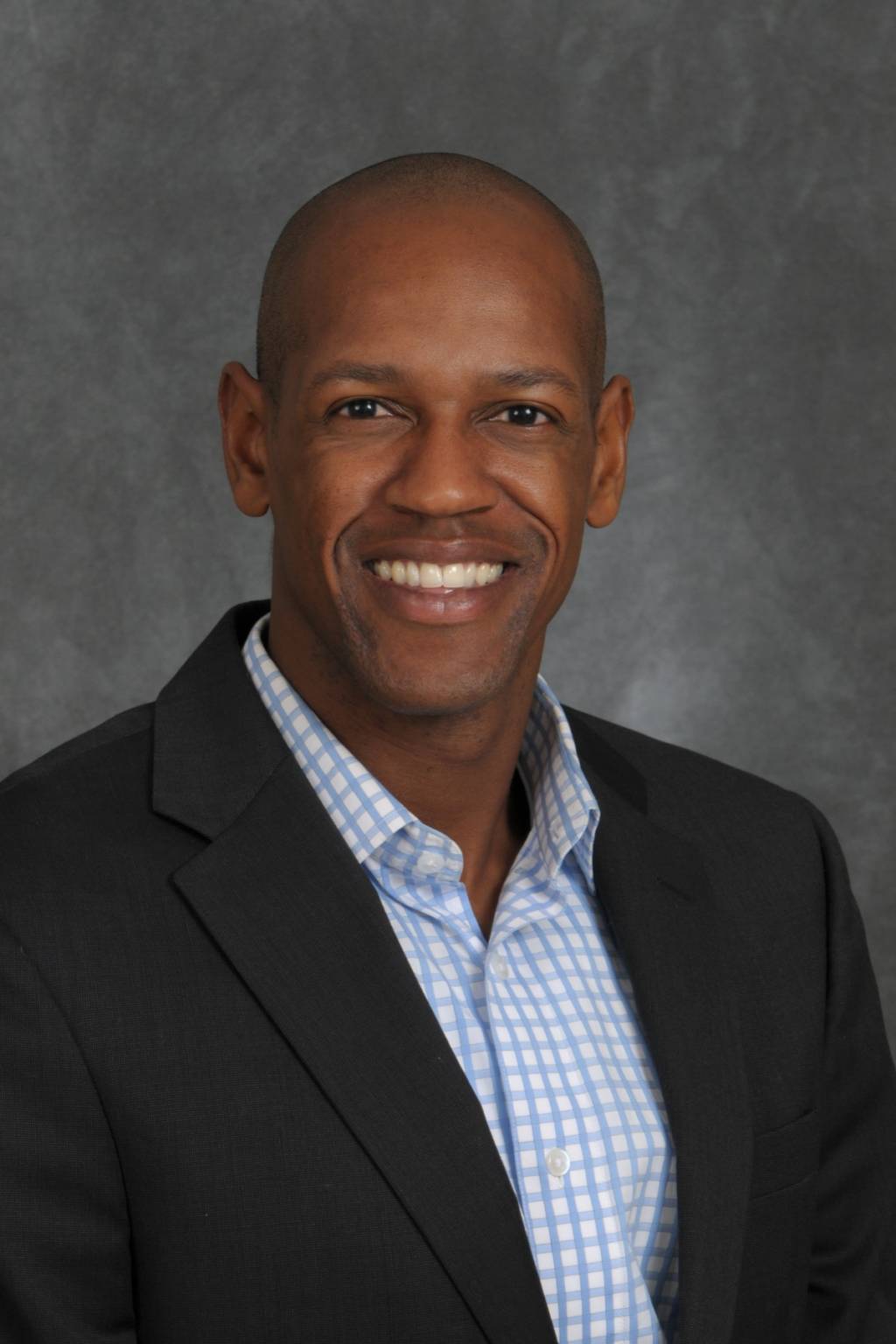
Thomas Woodson
Dr. Thomas S. Woodson is an associate professor in the Department of Technology and Society at Stony Brook University. He investigates the effects of technology on inequality throughout the world and the causes/consequences of inclusive innovation. For the past several years he has studied the effectiveness of scientific funding to have broader impact, and ways to improve diversity in STEM fields. He is currently the director of the $4 million State University of New York Louis Stokes Alliance for Minority Participation (SUNY LSAMP) and the $1 million S-STEM Scholarship Academic and Social STEM Excellence for Transfer Students (ASSETS) programs. These NSF sponsored programs help low-income, and underrepresented minority students persist and succeed in STEM majors and careers. Dr. Woodson received his B.S.E in electrical engineering from Princeton University and his Ph.D. in Public Policy for the Georgia Institute of Technology (Georgia Tech).
Dr. Woodson and his family currently reside in Centereach, NY although he was born and raised in Texas. In his spare time, Thomas pretends he does triathlons. (It’s been a few years since he actually competed in a race). His goal is to complete a full Ironman.
